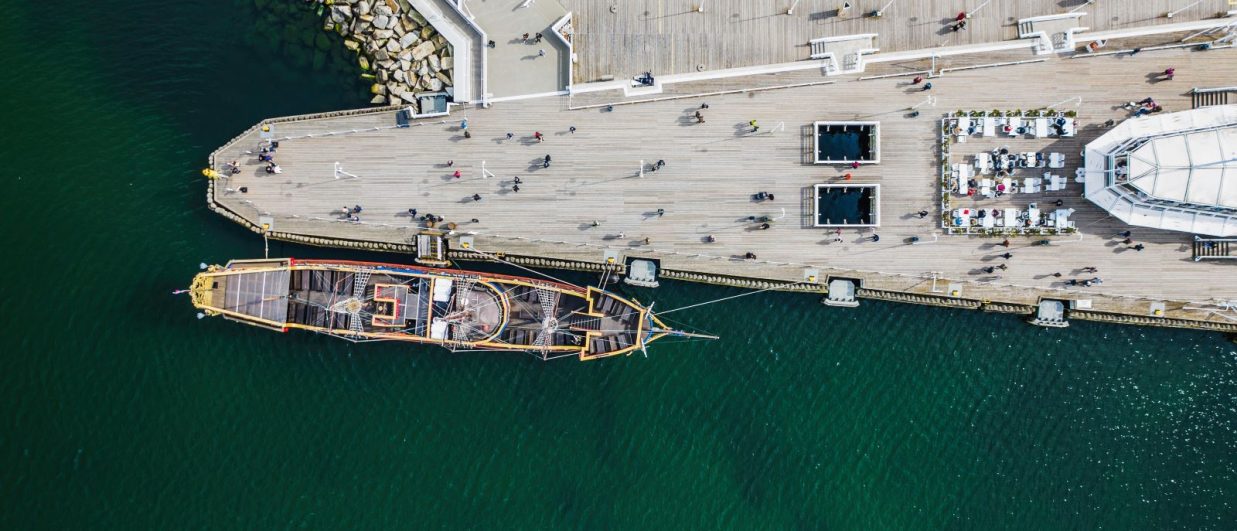Maritime spatial planning
Maritime Spatial Planning
Maritime spatial planning (MSP) helps various users to balance sectoral interests that compete for marine space and contribute to achieving sustainable use of marine areas to the benefit of economic and social development as well as the marine environment. MSP has to be aligned with terrestrial planning to ensure land-sea interactions. The establishment and implementation of MSP by applying the ecosystem approach is required by the EU MSP Directive.
The Regional Baltic MSP Roadmap 2021-2030, along with VASAB Vision 2040 and HELCOM Baltic Sea Action Plan sets the framework for MSP cooperation and defines the necessary steps to achieve the goal to draw up and apply maritime spatial plans throughout the BSR which are coherent across borders and apply the ecosystem-based approach to contribute to reaching jointly agreed environmental and climate goals. Transboundary coherence of maritime spatial plans implies strengthening of cooperation with non-EU neighboring countries and organisations.
Common implementation of MSP in the Baltic Sea is described as part of the regional set of MSP principles adopted by all BSR countries within VASAB and HELCOM. In addition, the Guideline for the implementation of ecosystem-based approach in MSP in the Baltic Sea area and Guidelines on transboundary consultations, public participation and co-operation in MSP process have been adopted.
The joint HELCOM-VASAB Maritime Spatial Planning Working Group, established in 2010, is the regional platform for cooperation between BSR countries to ensure coherent MSP processes in the cross-border context and pro-active implementation of the EU MSP Directive as far as EU countries are concerned.
In 2015 the BSR MSP Data Expert Sub-group was established as an expert group under the joint HELCOM-VASAB MSP Working Group in order to support data availability for MSP processes with regard to cross-border / trans-boundary planning issues.
MSP Planners’ Forums act as a practical dissemination and collaboration platform supporting ongoing national and regional MSP processes and implementation of MSP policy.


